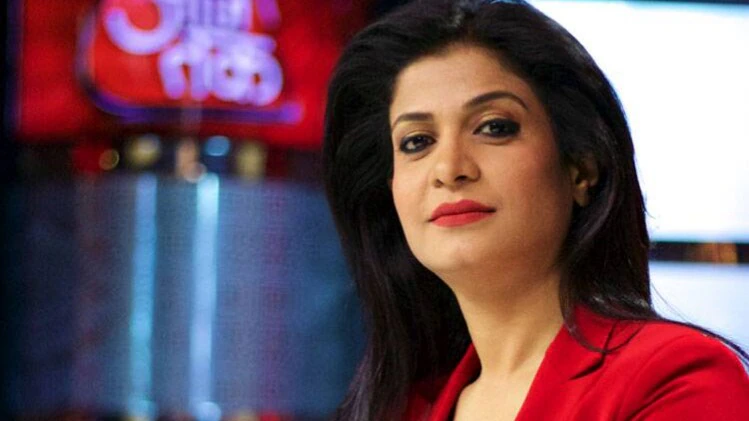A court in Lucknow has directed the registration of a complaint case against television anchor Anjana Om Kashyap and her channel Aaj Tak over a program aired on August 14, 2025. The episode, part of Kashyap’s show Black and White, was titled ‘Why was the purpose of India’s partition not fulfilled?’.
The complaint was filed by Amitabh Thakur, a former Indian Police Service officer, who described the broadcast as “venomous, destructive, dangerous and divisive.” Thakur alleged that the program used historical questions in a way that could inflame communal tensions between Hindus and Muslims.
Algoritha: The Most Trusted Name in BFSI Investigations and DFIR Services
Claims of Provocation and Misinformation
At the center of the complaint is the argument that the broadcast asked why, out of an estimated four crore Muslims in 1947, only 96 lakh migrated to Pakistan. The program, Thakur claims, suggested that partition’s “purpose” was incomplete, thereby implicitly questioning why Muslims continued to live in India.
The complaint also cited remarks about the movement of Hindus and Muslims during partition—such as “29 lakh Hindus came to India from East Pakistan, 54 lakh from West Pakistan, and 65 lakh Muslims left for Pakistan.” According to Thakur, these statistics were framed in a way that “encouraged intolerant persons to think in terms of making a historical correction.”
Legal Grounds and Offences Cited
The Lucknow court order noted that the program’s language could fall within offences defined under the Bharatiya Nyaya Sanhita (BNS). Specifically, the complaint invoked:
- Section 196 BNS – Promoting enmity between groups on grounds of religion.
- Section 197 BNS – Imputations prejudicial to national integration.
- Section 353(2) BNS – Statements conducing to public mischief.
The plea argued that the program not only spread misinformation but also undermined India’s founding vision as a pluralist, multi-religious nation.
Broader Implications for Media and Accountability
This case highlights the growing scrutiny on prime-time television in India, where debates and special programs often tread the line between political commentary and incitement. Kashyap’s broadcast, aired just before Independence Day, drew particular criticism for using a sensitive historical event in a manner the complainant described as “hysterical and dangerous.”
The court’s decision to allow the complaint does not yet determine guilt, but it does raise questions about media responsibility, editorial oversight, and the balance between free speech and communal harmony in India’s charged broadcast environment.



